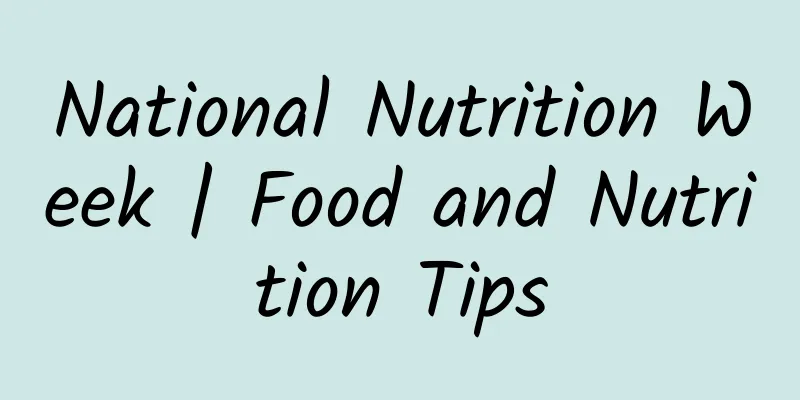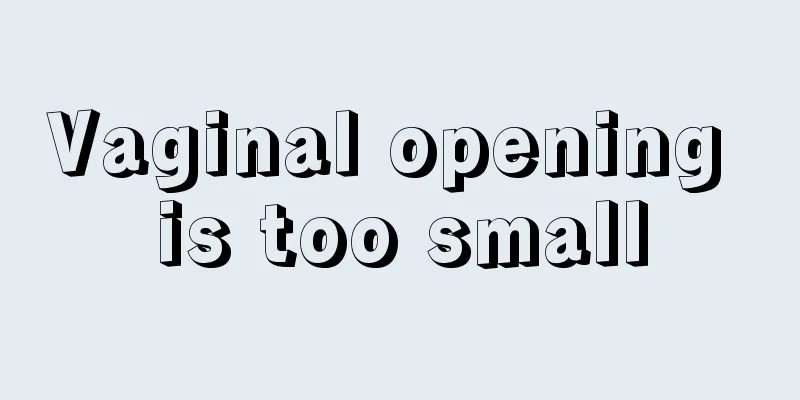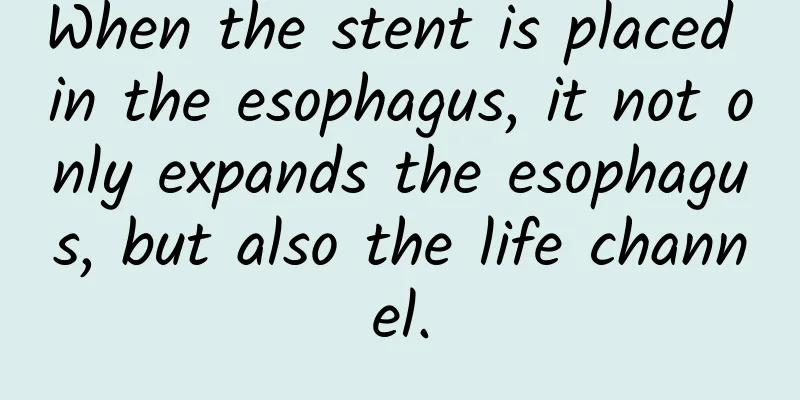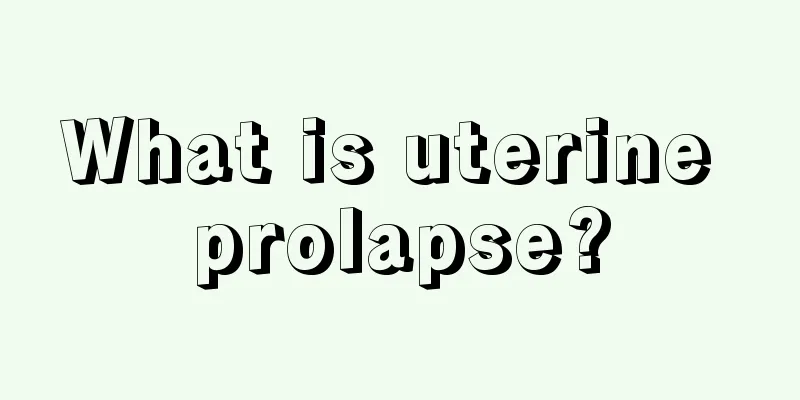National Nutrition Week | Food and Nutrition Tips

|
The origin of food It can be traced back to the pre-Qin period. According to the "Book of Zhou: Tianguan", there were already divisions between food doctors, disease doctors, ulcer doctors and veterinarians at that time. The main work of food doctors was to "be in charge of the preparation of the king's six foods, six drinks, six meals, hundreds of delicacies, hundreds of sauces, and eight delicacies." The concept of food nourishment was first proposed in Huangdi Neijing. The words "food nourishment" first appeared in "Suwen·Wuchang Zhengda Lun", which says: "Diseases can be old or new, prescriptions can be large or small, and poisonous or non-toxic. It is appropriate to control them regularly. For highly toxic diseases, six out of ten should be removed; for common poisons, seven out of ten should be removed; for less toxic diseases, eight out of ten should be removed; for non-toxic diseases, nine out of ten should be removed. Grains, meats, fruits and vegetables should be used to nourish the body, but not too much, as this will damage the body's health. If not, proceed as usual." From food to diet Sun Simiao's "Prescriptions for Emergencies Worth a Thousand Gold Pieces" in the Tang Dynasty: With "five flavors" and "five internal organs" as the core and the theory of "Inner Canon" as the guide, it first proposed the theory of food therapy. A special chapter on food therapy is set up, listing fruits, vegetables, grains, birds and beasts, and explaining their food therapy effects respectively. It is proposed that "a doctor should understand the source of the disease, know what the disease is, and treat it with food. If food therapy does not work, then prescribe medicine", which makes it clear that food therapy should take precedence over drug therapy. Dietary nourishment is the embodiment of the traditional Chinese medicine concept of "eliminating evil without harming the body" and "strengthening the body and eliminating evil". Nutrition is the embodiment of the TCM concept of "eliminating evil without harming the body". "Suwen·Qi Sheng Tong Tian Lun" says: "Yang is to protect the body from the outside and to consolidate it." Yang is outside and has the function of protecting the body surface, but if you sweat too much, the Yang Qi will be lost and harm the body. Therefore, "Nourish yourself with food to the fullest, but don't overdo it, which will harm the body." Diet and health are closely related Traditional Chinese medicine emphasizes that "positive energy exists inside, and evil cannot enter" and "where evil gathers, the energy must be weak". "Positive energy" refers to essence, qi, blood, body fluids and the ability of the human body to adapt to the external environment. "Evil" refers to various pathogenic factors, such as wind, cold, heat, dampness, dryness, fire, epidemic qi, phlegm, blood stasis, etc. Traditional Chinese medicine believes that insufficient positive energy is an internal factor in the occurrence of diseases, and external evil qi is an important condition for causing diseases. Evil qi must pass through internal factors to cause diseases. "Positive energy exists inside, and evil cannot enter" means that when qi and blood are full and functional activities are normal, evil qi will naturally have no chance to take advantage. Even if evil qi invades the body, because positive energy has not declined and is strong in resisting evil, it can drive away or suppress evil qi, thereby maintaining the balance and stability of the body's internal environment and achieving "yin and yang balance", that is, human health. The basic principles of diet 1. Eat a healthy diet Nutritional nourishment is the embodiment of the idea of “strengthening the body’s health and eliminating pathogenic factors”: From the article “Suwen·Wuchang Zhengdalun”: “When eight or nine out of ten symptoms have been cured but some remain, one should cultivate the body’s health with foods such as grains, meat, fruits and vegetables, and the remaining pathogenic factors will eliminate themselves.” It is often used in the recovery stage after drug treatment, i.e. “nourishing the body with dietary nourishment”. 2. Prevention before illness, diet is the main method Traditional Chinese medicine attaches great importance to "treating illness before it occurs". One of the important contents of treating illness before it occurs is to strengthen the nourishing effect of diet. Nourish the positive energy and prevent illness before it occurs. "Food Therapy Chapter of Qianjin Yaofang" states that "food can dispel evil and calm the internal organs, please the mind, refresh the mind, and replenish qi and blood". "A doctor must first understand the source of the disease and know what it is, and then treat it with food. If food therapy does not work, then prescribe medicine". Hu Sihui, an imperial physician in the Yuan Dynasty, set regulating diet as the first priority of health preservation, and pointed out: "The ancient sages treated illness before it occurred, not after it had occurred, so they valued food over medicine." 3. Three factors The three principles of adapting to circumstances are adapting to the times, adapting to the place, and adapting to the people. Author: Li Hongmei | Researcher at the Institute of Chinese Materia Medica, China Academy of Chinese Medical Sciences |
<<: World Osteoporosis Day | What does poor kidney function have to do with osteoporosis?
>>: Tips for CT diagnosis of small pulmonary nodules
Recommend
What is the difference between ovulation day and ovulation period?
Ovulation period and ovulation day are actually t...
How long does it take to recover from a postpartum tear?
It is very common for pregnant women to have vagi...
Is cervical lesion serious?
Adult women should pay attention to checking the ...
How to deal with vulvar itching and scratching
Vulvar itching is a very common condition. In mos...
Can't sugar be added to black sesame paste? How to store black sesame paste
According to traditional Chinese medicine, sesame...
How are those people who have been turning off the lights and looking at their phones for a long time doing now?
Do you have such a habit? Lying in bed at night T...
How to treat serous mastitis
My baby is now 3 months old, and this is my first...
The 10th day of ovulation, the menstrual feeling is strong
Many women who want to get pregnant will calculat...
Pink discharge after abortion
After an abortion, there will be bleeding for the...
11 weeks pregnant, abdominal acupuncture, abortion
Many women hope to have a baby of their own, so t...
How many days does a girl's period last?
All girls will go through the menstruation stage,...
Can I eat edamame during menstruation?
We all know that female friends are more vulnerab...
The peak of "two positives" is coming? Professional interpretation of the nine high-frequency issues of the new crown
Recently, many of my friends have tested positive...
The process of checking the cleanliness of leucorrhea
Leucorrhea is a normal secretion of the female bo...
Ten flavors of Gan cuisine: Zhangtouhong (tangerine peel)
In the hills of late autumn, golden tangerines be...









